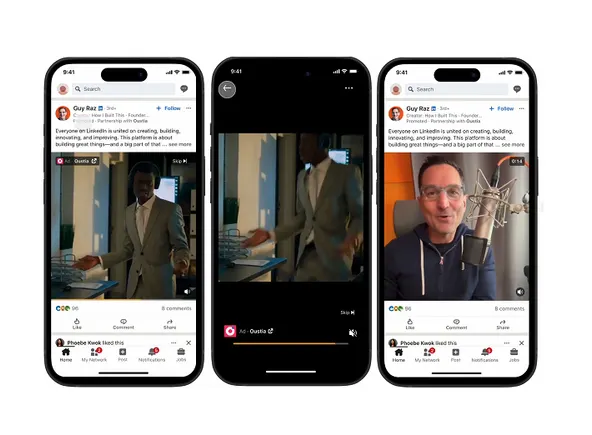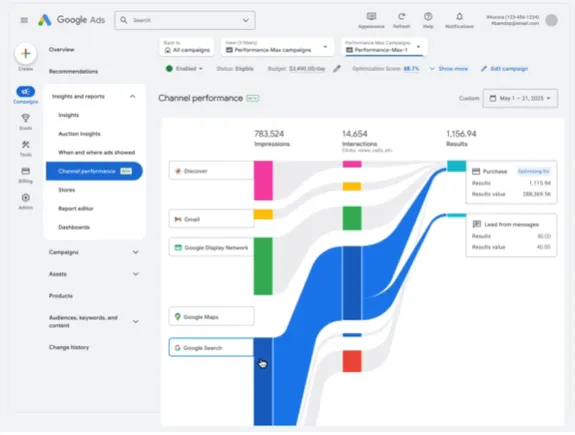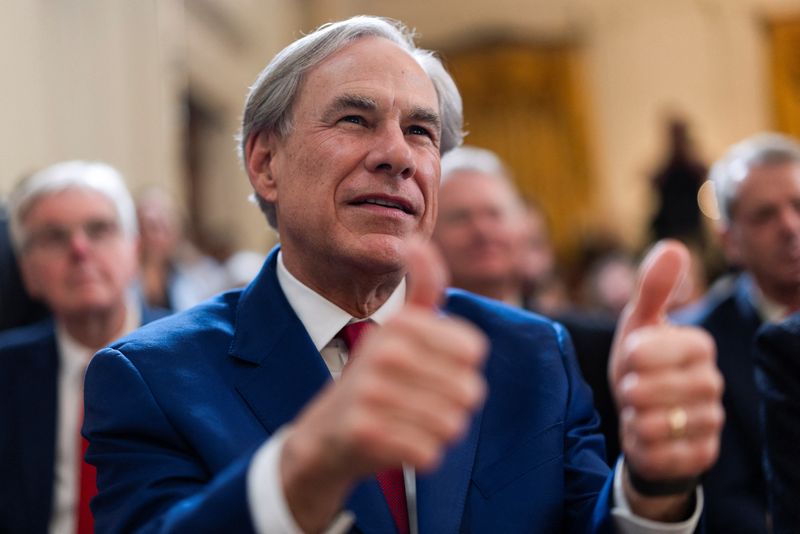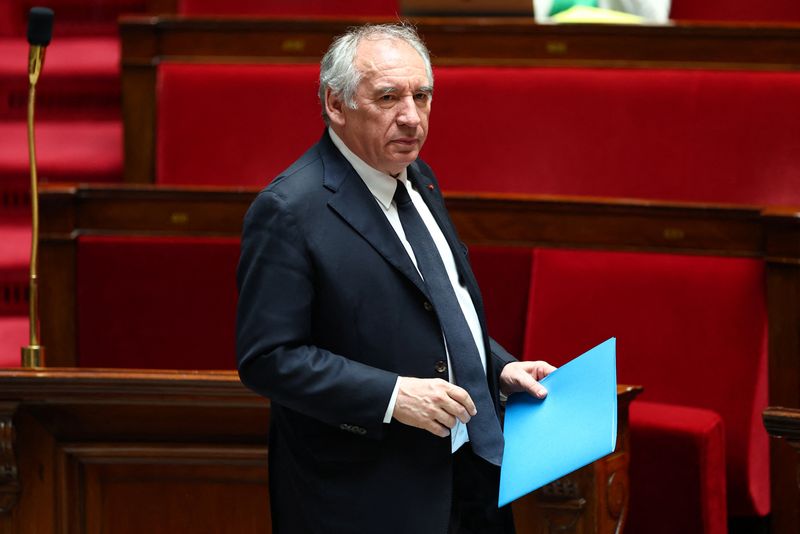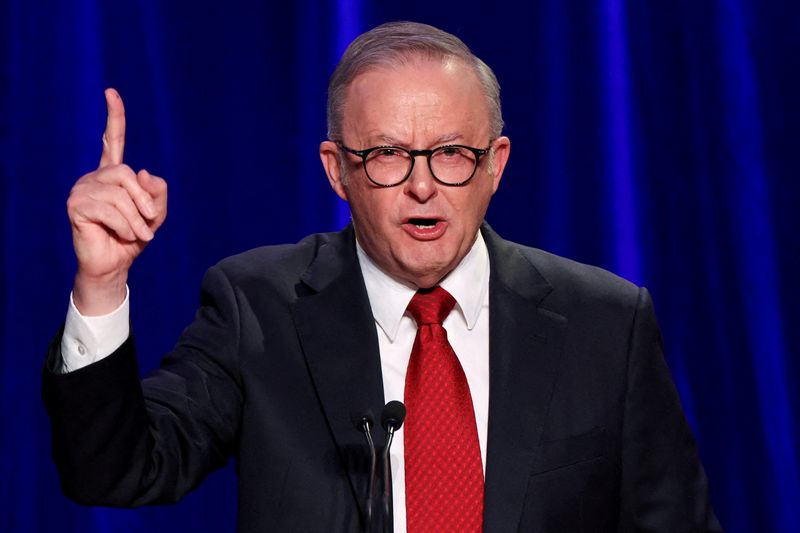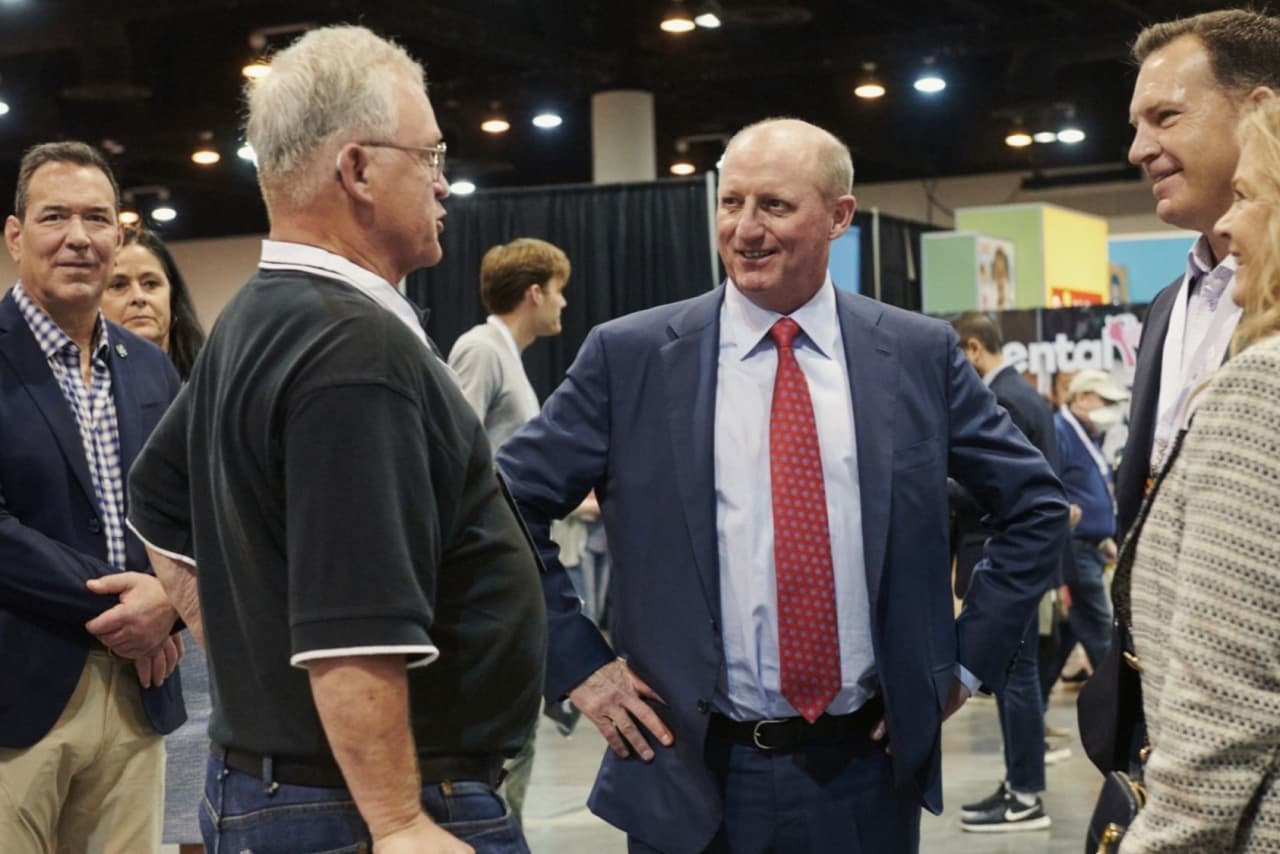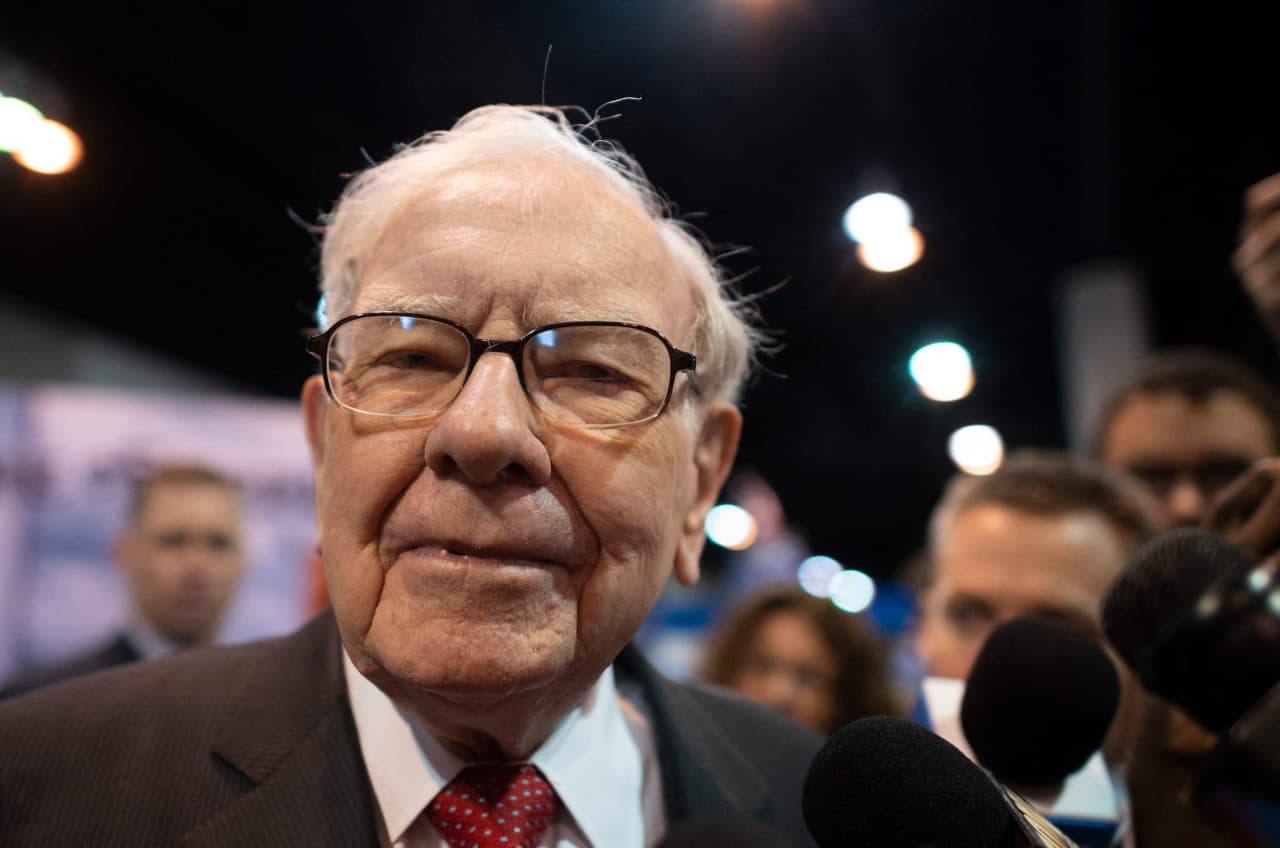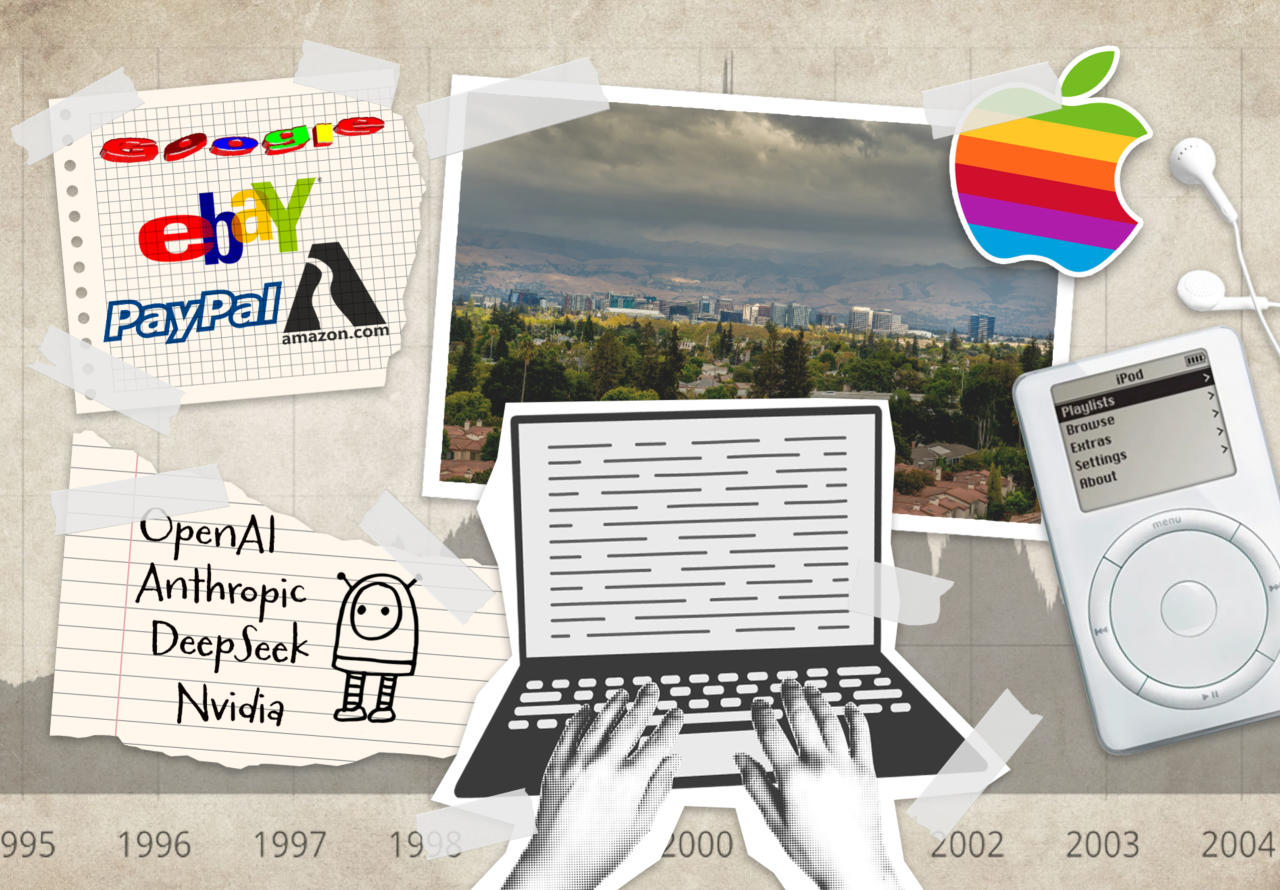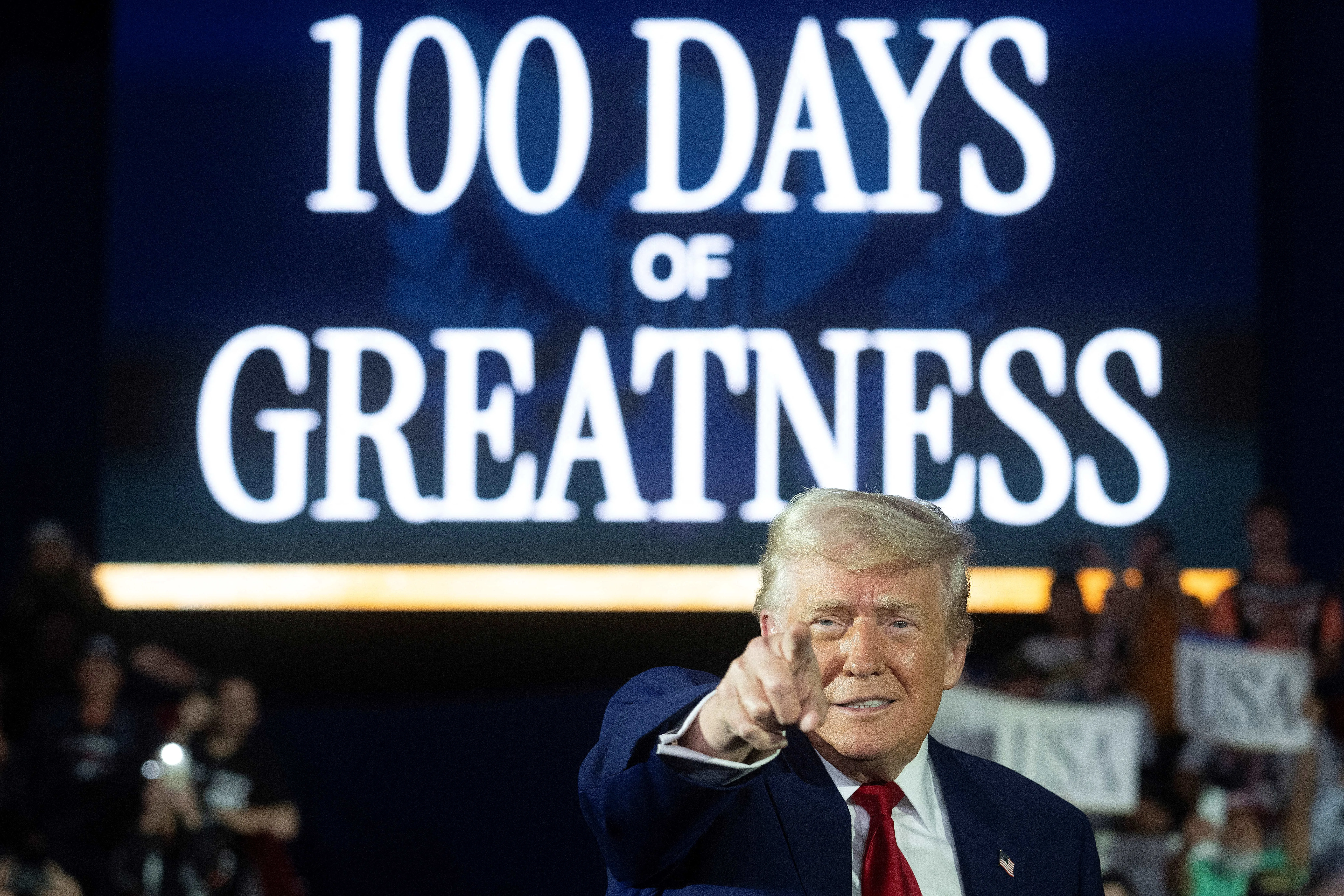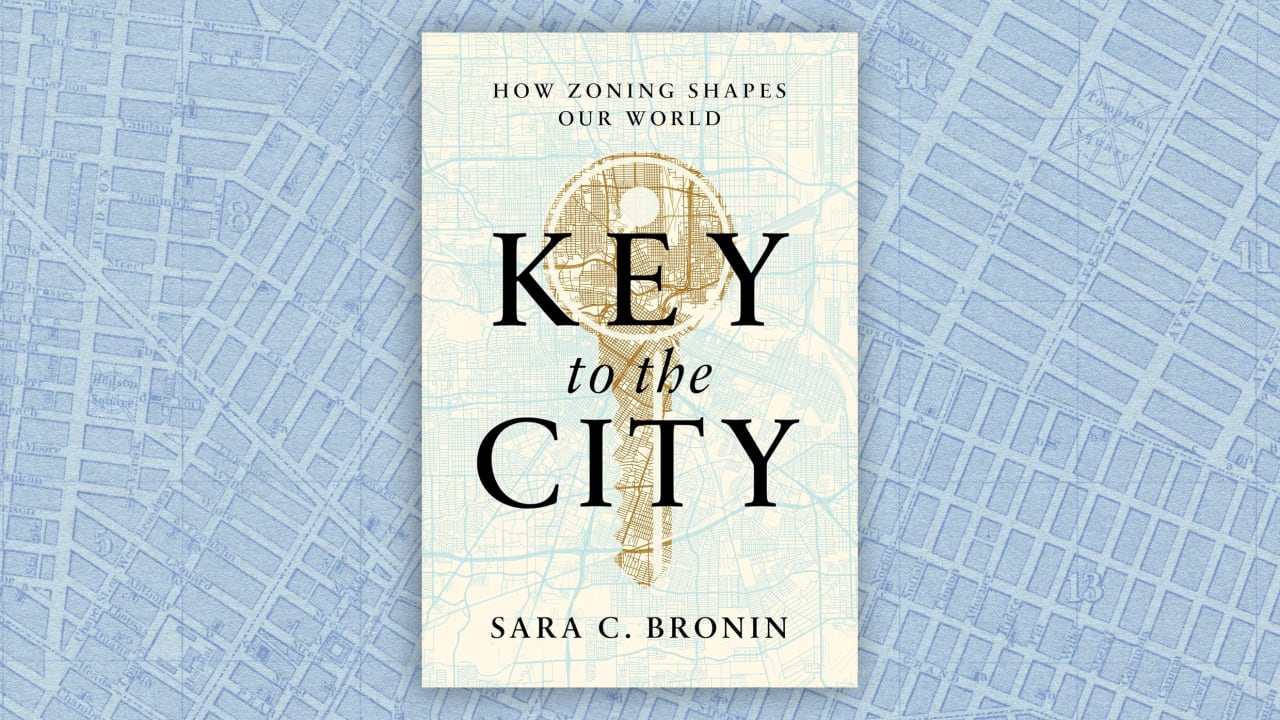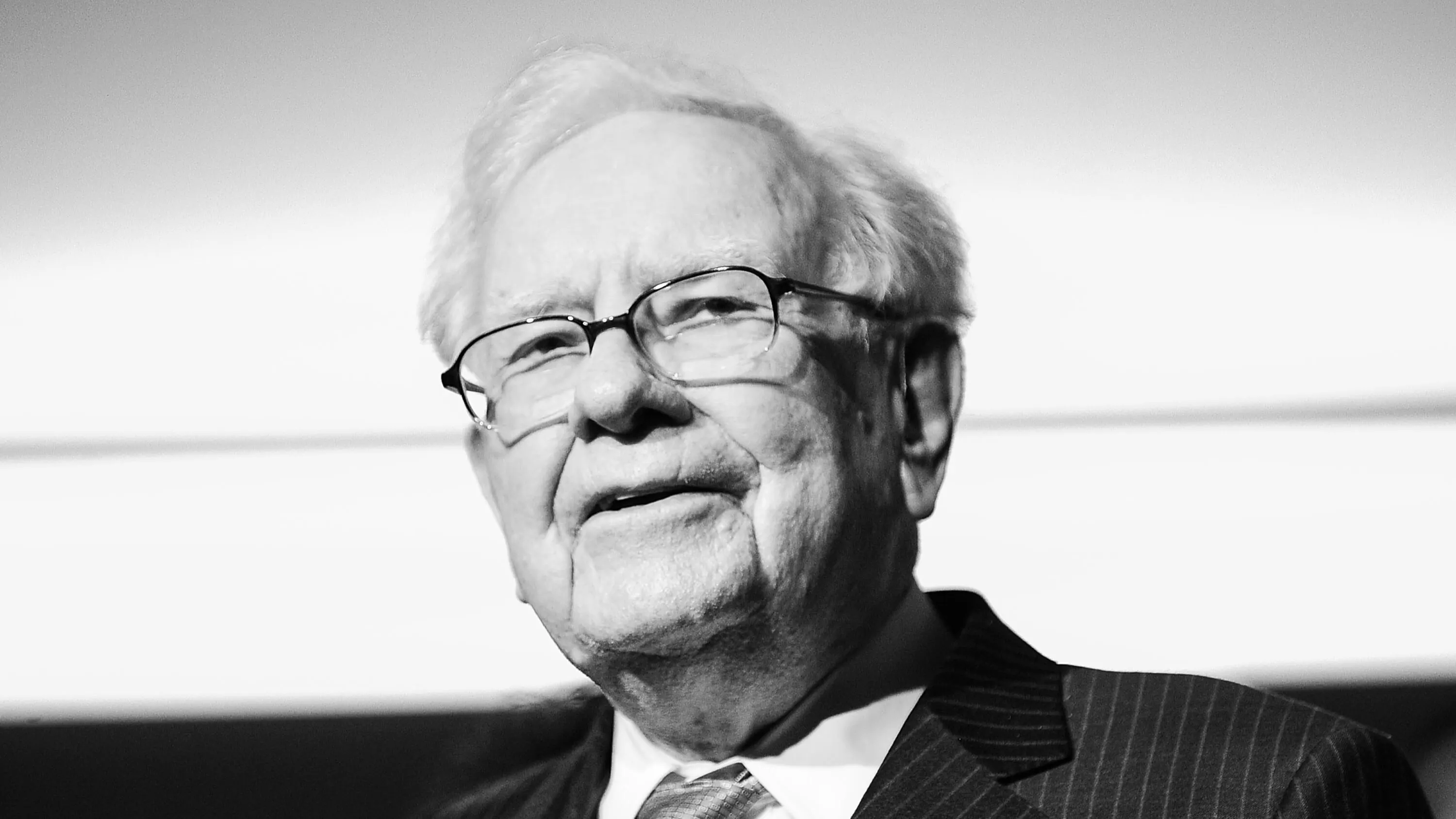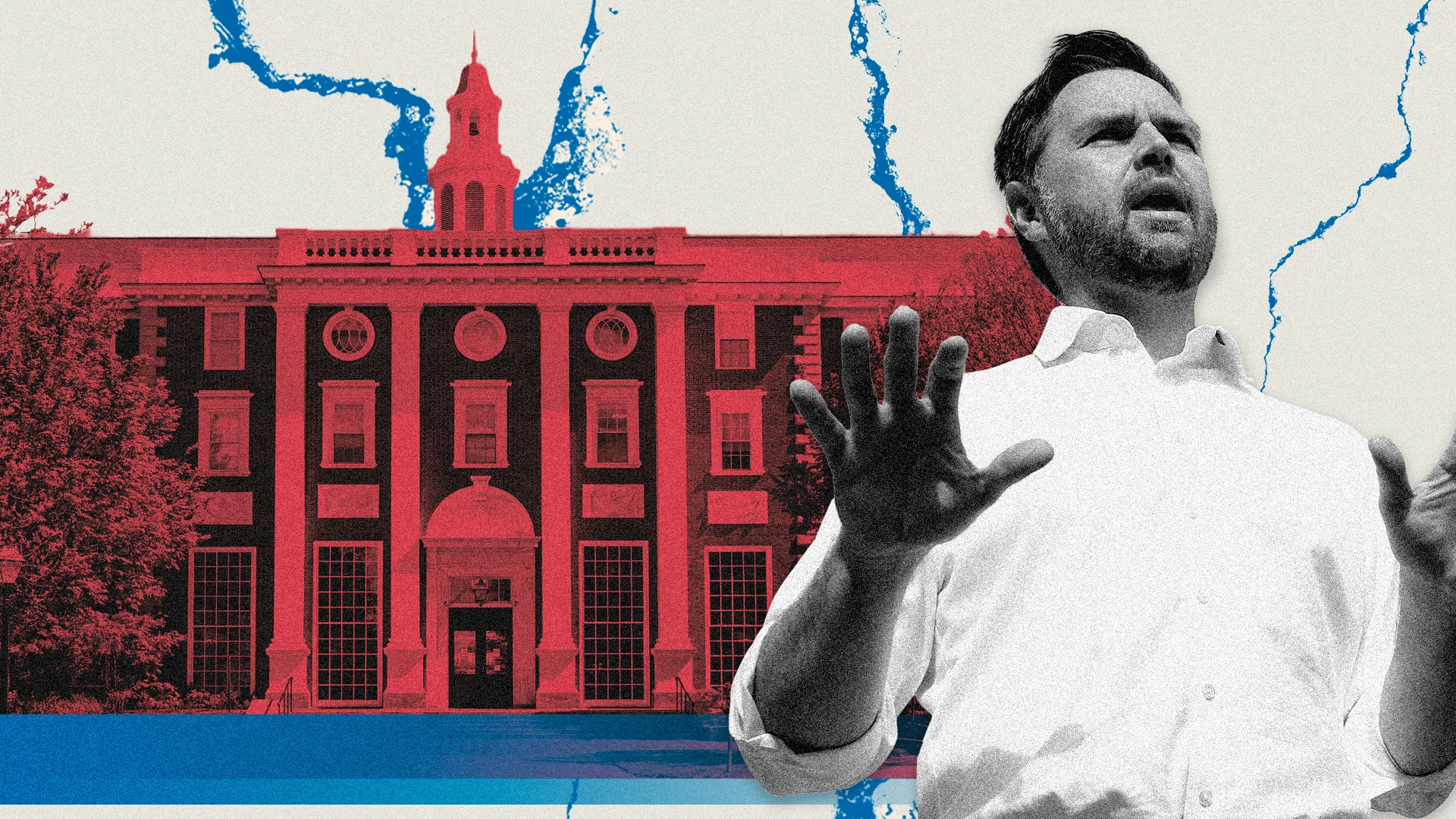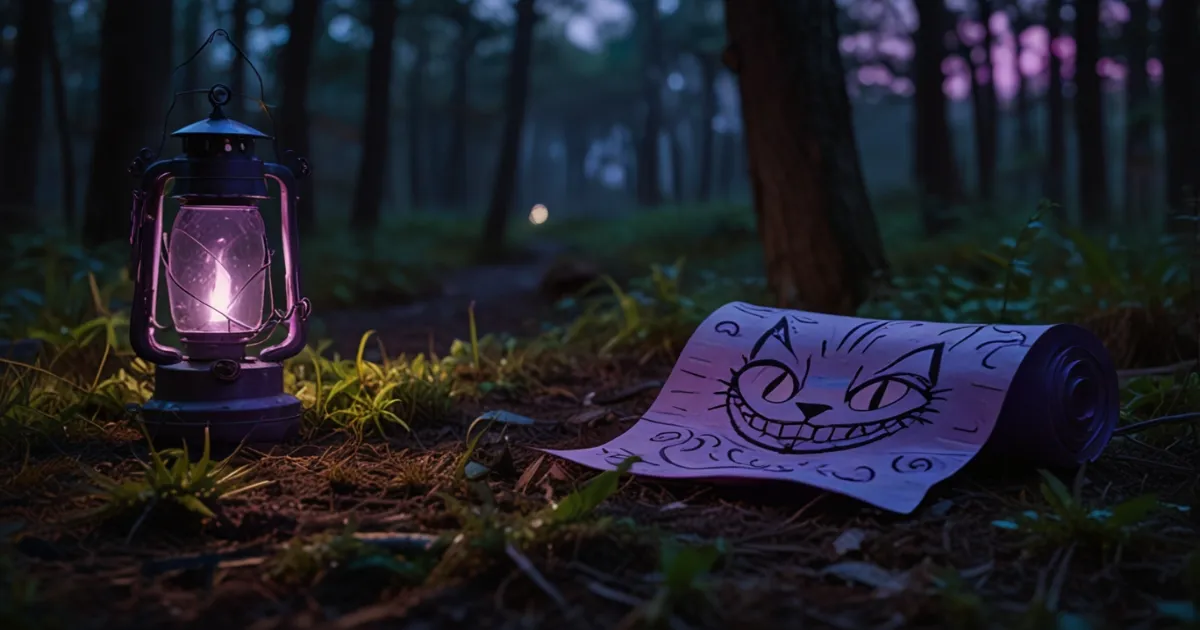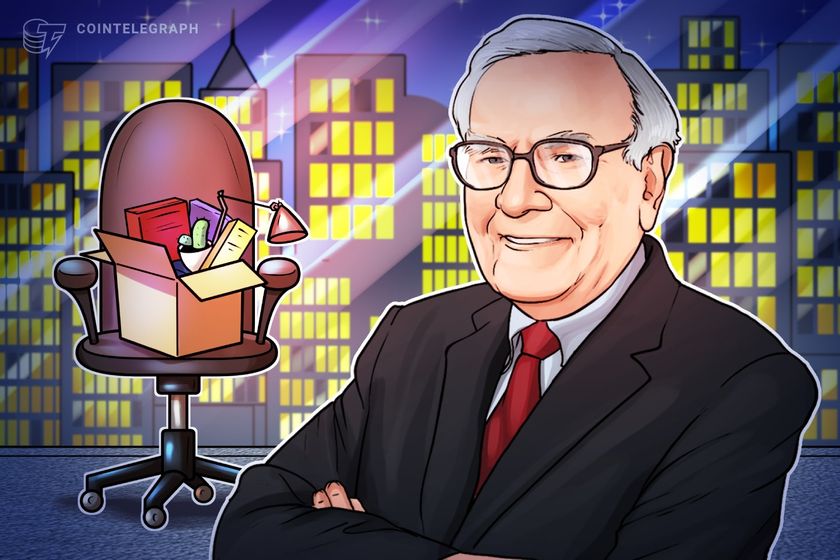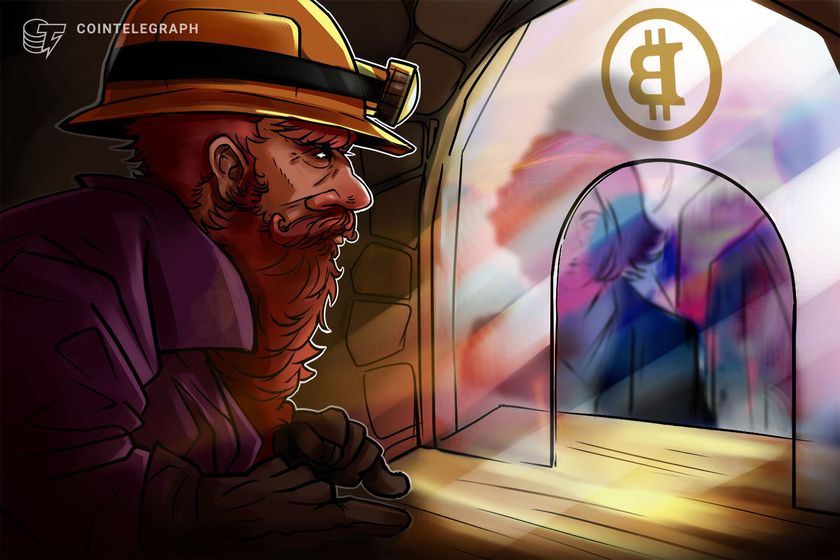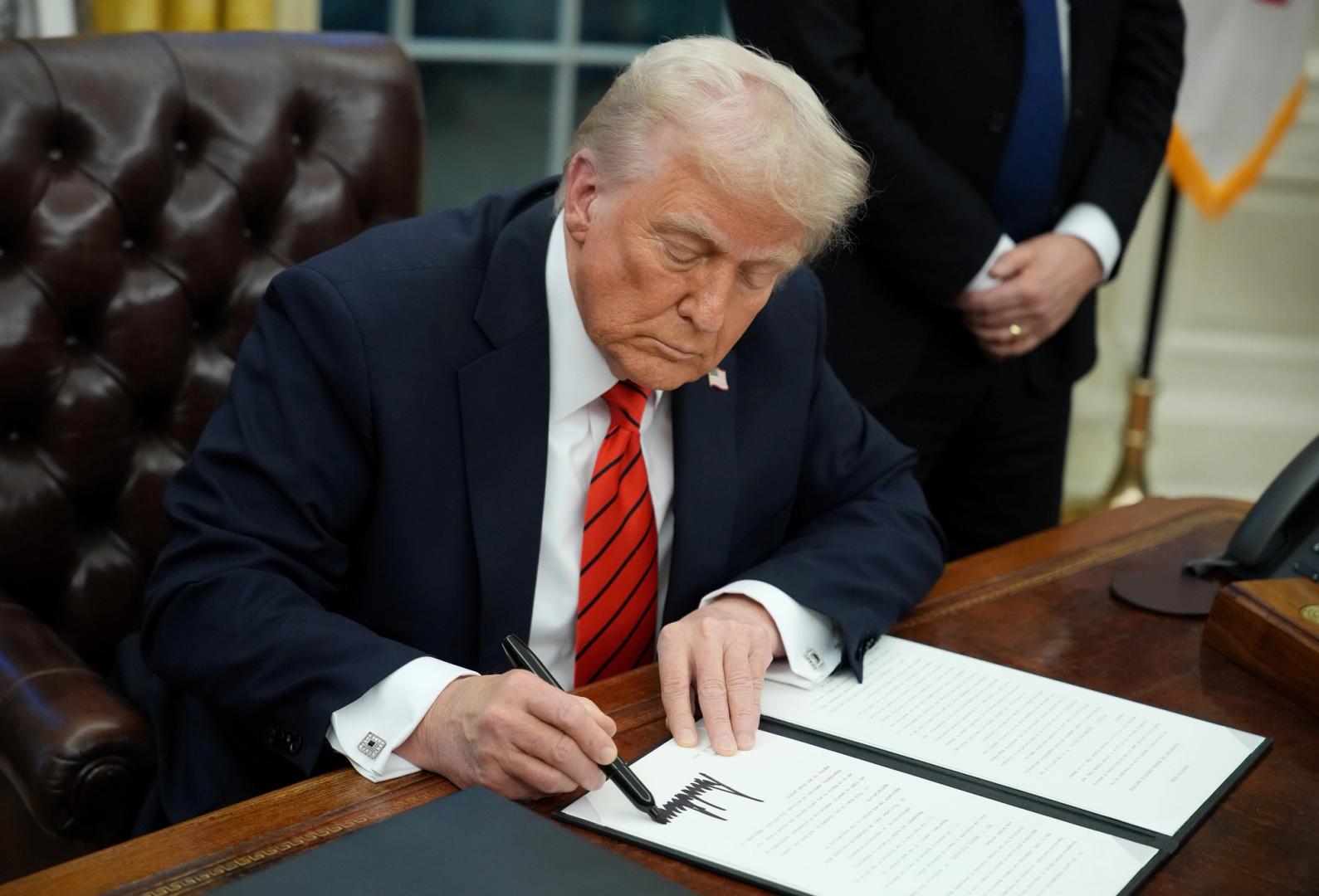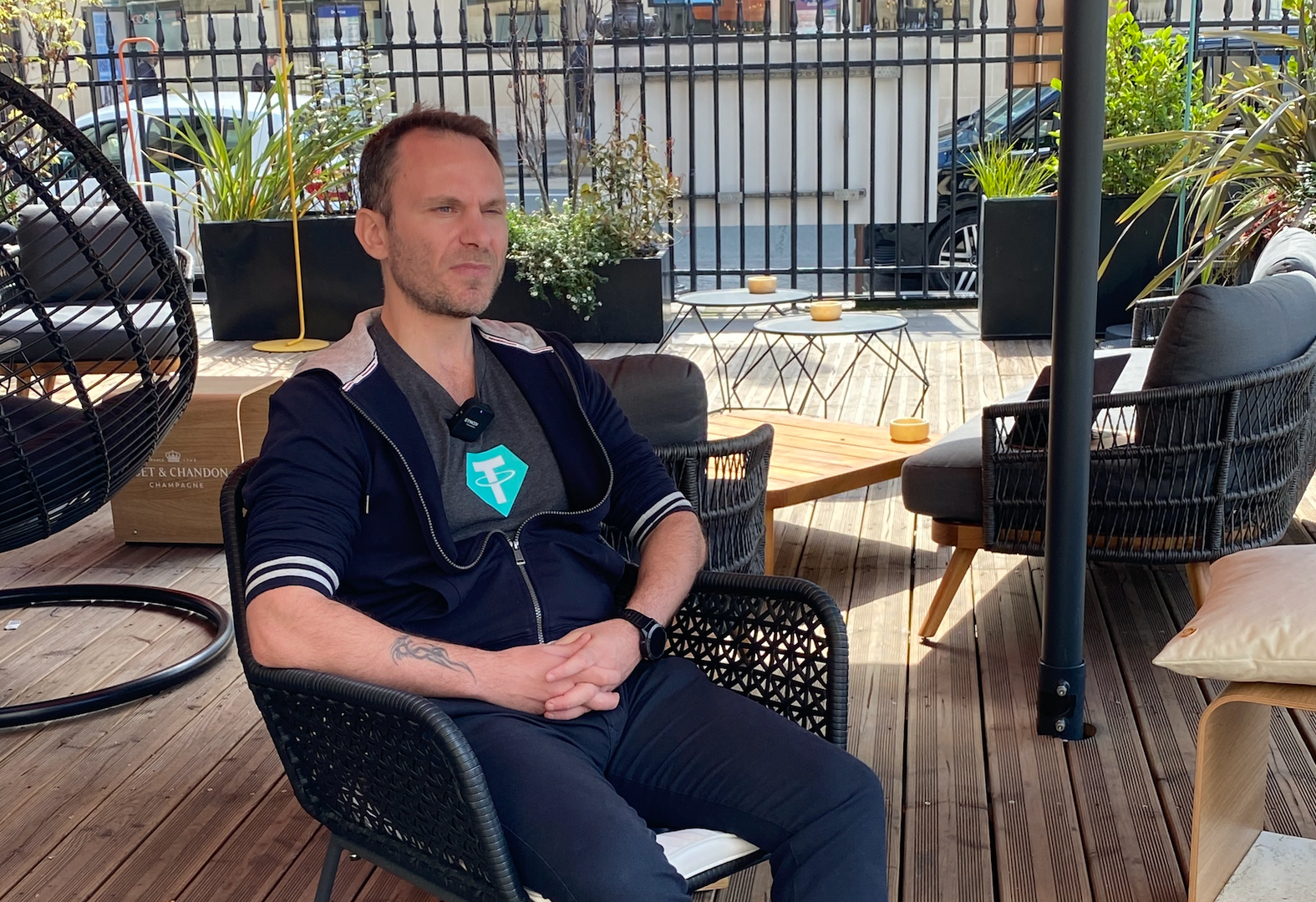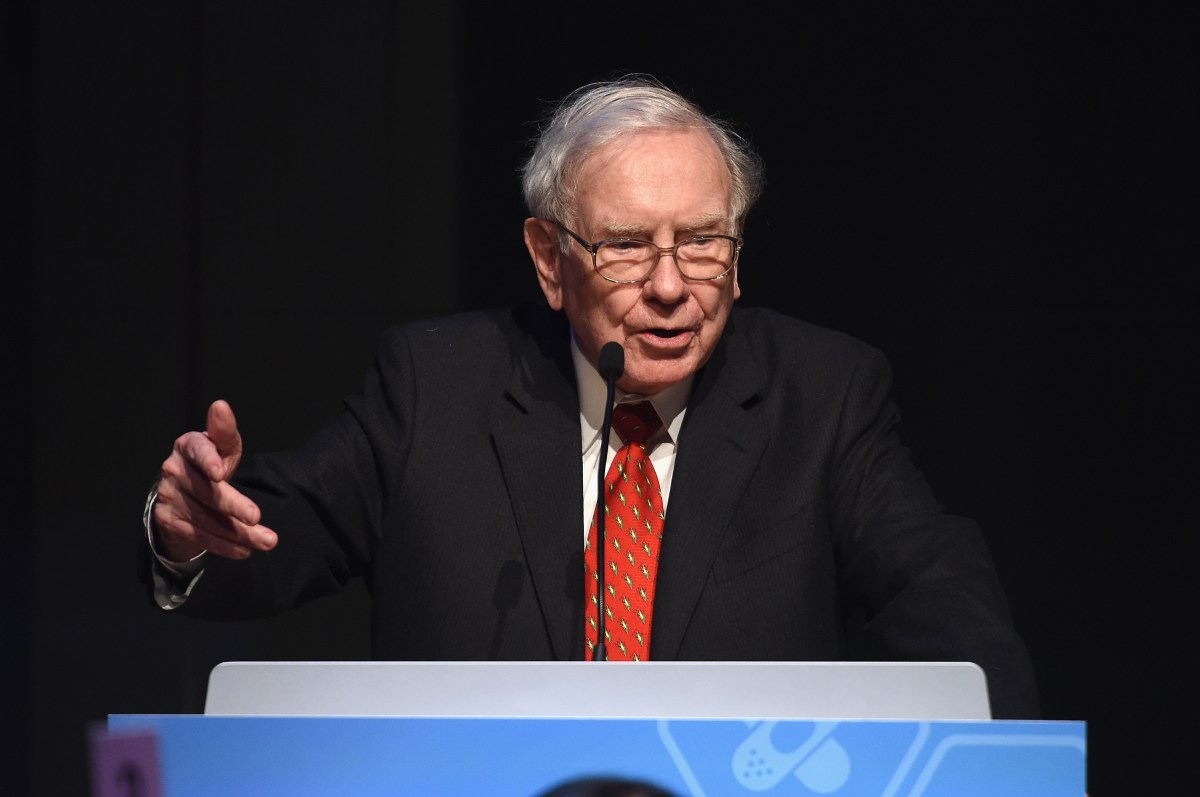Netflix created $2B economic impact through productions in India: CEO Ted Sarandos
At the inaugural World Audio Visual and Entertainment Summit held at the Jio Convention Centre, Sarandos said the company created 20,000 cast and crew jobs from its projects in the country.


created $2 billion of economic impact from its Indian productions, the streaming plaftorm's co-CEO Ted Sarandos said on Saturday.
At the inaugural World Audio Visual and Entertainment Summit (WAVES), held at the Jio Convention Centre here, Sarandos said the company created 20,000 cast and crew jobs from its projects in the country.
"Since 2021 through 2024, especially after COVID, when things got back to normal, we've invested in India in a way that has created $2 billion of economic impact from our productions, over 20,000 cast and crew jobs from our productions in India," Sarandos said.
He noted that globally three billion hours of Indian content was watched last year, with at least one Indian title in the global top 10 every week.
"In those productions, we have 150 original films and series that were filmed in 100 different towns and cities in India," he added.
Sarandos was speaking at the session 'Streaming the New India: Culture, Connectivity & Creative Capital', moderated by Bollywood star Saif Ali Khan, who headlined Netflix's first Indian original series Sacred Games in 2018 and recently starred in the streamer's heist movie Jewel Thief.
"We've been operating in India now for nine years. But we took our big swing seven years ago with Sacred Games... And I knew that India would be a very important part of our journey.
"What we found with Sacred Games is that great stories could transcend borders, languages and cultures, and really talk to the world. Sacred Games proved that. I'm just so endlessly thrilled to work with the creative community in India all the time," Sarandos said.
He said India has a great cinema culture as people love to watch films and then talk about them. "It's what makes India so exciting for me too. What streaming has done is kind of got to the audience where they were. If you want to watch a movie, I want to be able to deliver it to you," Sarandos said, adding that in the US, an average person watches two films in cinema in a year, while on OTT, they watch seven films.
When Khan asked if he believes that cinema and streaming can co-exist, Sarandos said they do, especially in India.
"India is probably one of the more fan-centric places that enables this to happen because they don't get into these debates necessarily about how long the (theatrical) windows need to be. I think that's a very big debate in a few countries around the world. I assure you that nobody, except for distributors, are talking about windows," he said.
Sarandos said he grew up in a small town in Phoenix, Arizona, where it used to take a 45-minute drive to go to a cinema hall for watching a movie, especially those that were outside of the norm.
"And now, because of streaming, you can deliver movies that are very obscure. It isn't all one kind of big movie for the world. It's what kind of movies do you like that you can pick that night. I hope cinemas continue to exist. I love going to the movies too," he said.
During the session, Sarandos asked Khan about his experience of working in the streaming space. The actor said it has been the "most liberating" thing for him and many other artists all over the world.
"Earlier, we had to kind of fit into some sort of boxes, and there was a form in local style for the kind of thing you had to do. And today, thanks to streaming, we can explore characters in a very different way, and go into much more depth.
"And it is a fantastic platform to showcase all kinds of things, long-form storytelling... there's a kind of intimacy on the platform," he said.
The writing has become sharper and more complex on streaming, which also allows for character development, the actor said.
"There's no rush to wrap things up in two hours. You can let the story unfold at its own pace. And for someone like me who enjoys exploring characters, it's a great time to be an actor. Also it gives the opportunity to bring longer stories to life, like books that we've read that you could maybe see," he added.
The actor also said that India has a treasure trove of stories that haven't been told before or explored in depth.
"Like the amazing epics Mahabharata and Ramayana. To make that into a movie, it would be a very long kind of a movie... to select which parts to do and really flesh those things out. Even the Panchatantras, our folk stories.
"I mean, there's so many that I don't know, and so many I do know that I didn't know earlier. I think the world would benefit if we could tell them. And this is like such a great platform to do that," he said.
Edited by Swetha Kannan



